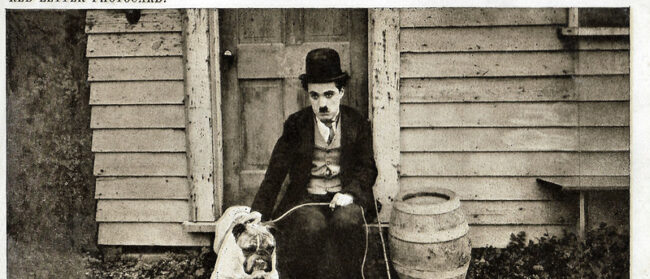As the Philippines battles to contain COVID-19 by placing heavy restrictions on its citizens, access has emerged as a major issue for medical responders across the country, putting vital polio, measles, cholera and HIV programmes at risk.
Dr Rabindra Abeyasinghe, a World Health Organisation (WHO) representative in the Philippines, said that due to the outbreak of the novel coronavirus, every sector, including the WHO’s ongoing health response to polio, has been “greatly affected” as local governments enforce stringent social distancing measures.
The Philippines had eradicated the highly infectious polio in 2000, however, in September 2019, a three-year-old girl and a five-year-old boy tested positive, subsequently declaring an outbreak after a nearly two-decade absence.
According to Dr Abeyasinghe the number of polio infections continues to rise in the country, with 17 cases to date.
Mainly affecting young children, polio is a highly infectious viral disease which can lead to permanent paralysis. There is no cure for polio, with immunisation the only preventative measure, and since the Global Polio Eradication Initiative was adopted in 1988, polio has decreased by over 99% globally.
To ensure herd immunity, over 95% of children need to be vaccinated, yet as of the September 2019 outbreak immunisation coverage in the Philippines sat at just 66%, and only 40% of children under the age of five had received a polio vaccine.
In direct response to the polio outbreak in September, vaccination programmes had ramped up and reached a total of over 1.4 million children below five years old in the National Capital Region, where Manila sits, and nearly three million children in Mindanao.
However, the final phase of the programme has now been put on hold.
“The Department of Health postponed polio vaccination campaigns in selected areas of Region III and Mindanao until further notice,” Dr Abeyasinghe told the Globe. He added that routine immunisation services will continue in designated health centres.
Over the past year, the Philippines has been hit with multiple earthquakes, the Taal volcano eruption, dengue and measles outbreaks. Now, with the spread of the novel coronavirus, the country’s already badly impacted health and disaster responses across the country are now severely on the back-foot.
On 9 March, the Philippines declared a public health emergency, and on 12 March declared a further 30-day community quarantine in Luzon, the country’s most populous region, due to the COVID-19 pandemic. With this has come severely impeded access for the country’s healthcare workers and NGOs conducting essential healthcare programmes.
There is also heightened concern for Mindanao, the second largest island in the Philippines’ volatile south where more than 300,000 people have been recently displaced due to violent insurgencies or disasters.
UNICEF Executive Director Henrietta Fore has warned other immunisation programmes for diseases such as measles and cholera could also be heavily impacted, as countries like the Philippines simultaneously battle COVID-19.
The total number of known COVID-19 infections in the Philippines sits at 1418, with 29 March marking the largest daily increase with 343 new cases.
“At a time like this, these countries can ill-afford to face additional outbreaks of vaccine-preventable diseases,” Fore stated in a press release last week. “The message is clear: We must not allow lifesaving health interventions to fall victim to our efforts to address COVID-19”.
It has also been warned that those living with HIV in the Philippines are also in danger of being severely impacted by the Luzon-wide lockdown, as restrictions on the transportation of both people and goods impedes access to life-saving treatment and services. The Philippines has consistently had the highest HIV/AIDS growth rate in the Asia-Pacific over the past decade, with 40,952 people currently undergoing antiretroviral treatment in the country.
In such unprecedented times facing aid and healthcare workers, Dr Abeyasinghe recognises the need for greater adaptation and coordination, to ensure both health workers and at-risk populations are protected.
“The WHO continues to coordinate with the [Philippines] Department of Health and support the polio response with logistics, procurement and vaccination support. Our health response on polio will continue once the situation allows,” Dr Abeyasinghe said. “We are all in this together as advocates for the health and well-being of all Filipinos.”


